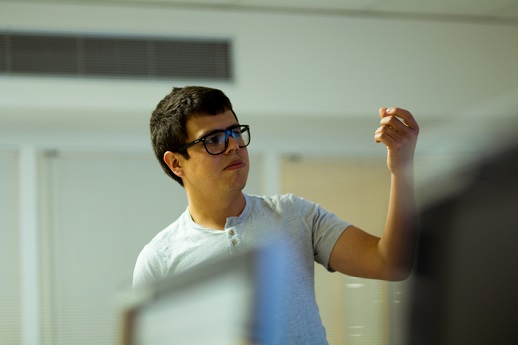 The CODATA-RDA Research Data Science Schools provide Early Career Researchers with the opportunity to meet their colleagues and learn relevant Data Science skills. We actively encourage students to use their learning as an opportunity to create new collaborations and generate new research.
The CODATA-RDA Research Data Science Schools provide Early Career Researchers with the opportunity to meet their colleagues and learn relevant Data Science skills. We actively encourage students to use their learning as an opportunity to create new collaborations and generate new research.
One spectacularly successful example of this is Oscar Arbelaez Echeverry from Colombia who, through links made at the schools, enabled approximately 1.2 million CPU hours [this is akin to having access to a 1600 core cluster for a month] to be run on Monte Carlo simulations. As a result of accessing the Open Science Grid resource, six publications [1-7] have been generated by his supervisor, in the best journals in the field and for wider audiences . By providing Oscar with the relevant skills, he has been instrumental to advancing research in his home institution.
Oscar attended the Trieste school in 2017 (#dataTrieste17). He has a background in Condensed Matter Physics and was working with Juan Alzate-Cardona at the Departamento de Física y Química, Universidad Nacional de Colombia, Manizales. Juan is working on computational studies of magnetic materials. This requires extensive Monte Carlo simulations of the materials and is highly computationally intensive, but allows insights into the nature of the materials such as the magnetocaloric effect – which in essence is how the temperature of a magenetic material changes when subjected to a change in the magnetic field around it.
As it was, the research team was highly limited in the work they could do because they didn’t have sufficient access to compute resource and were unaware of freely accessible services like the Open Science Grid (OSG) and how to apply them. During the school Oscar was introduced to the OSG in the Computational Infrastructures course run by Rob Quick. OSG scavenges computing cycles from the vast amount of grid computing clusters available worldwide and offers 1.5 billion CPU hours per year which is free and open to all researchers. Oscar described the problem he was having to Rob and they agreed to make use of the OSG.
Since being a student at the school in 2017, Oscar has gone to act as a helper in the school in São Paulo, Brazil. He is now in Switzerland completing research for his Ph.D. This success story is precisely why we work on these schools – the schools are not just about the materials; they are about building communities and creating connections. These connections are key in enabling these opportunities and successes for researchers in Low and Middle Income Countries.
If you give people access to tools and teach them how to use them, you can transform the research being generated. The CODATA/RDA schools are doing this across the LMIC, one student at a time. Well, 250+ now and counting… Just imagine the ripple effect all these individuals have had in their home communities!
[1] Pordes, R. et al. The open science grid. J. Phys. Conf. Ser. 78, 012057 (2007)
[2] Alzate-Cardona, J. D., Sabogal-Suárez, D., Arbeláez-Echeverri, O. D. & Restrepo-Parra, E. Vegas: Software package for the atomistic simulation of magnetic materials. Rev. Mex. Física 64, 490 (2018).
[3] Alzate-Cardona, J. D., Sabogal-Suárez, D., Evans, R. F. L. & Restrepo-Parra, E. Optimal phase space sampling for Monte Carlo simulations of Heisenberg spin systems. J. Phys. Condens. Matter 31, 095802 (2019).
[4] Alzate-Cardona, J. D., Salcedo-Gallo, J. S., Rodríguez-Patiño, D. F., Acosta-Medina, C. D. & Restrepo-Parra, E. Unveiling a Scaling and Universal Behavior for the Magnetocaloric Effect in Cubic Crystal Structures: A Monte Carlo Simulation. Sci. Rep. 9, 5228 (2019).
[5] Acosta-Medina, C. D., Alzate-Cardona, J. D. & Restrepo-Parra, E. Monte Carlo study of the magnetization reversal times in a core/shell magnetic nanoparticle. Comput. Condens. Matter 17, e00338 (2018).
[6] Sabogal-Suárez, D., Alzate-Cardona, J. D. & Restrepo-Parra, E. Influence of the shape on exchange bias in core/shell nanoparticles. J. Magn. Magn. Mater. 482, 120–124 (2019).
[7] Salcedo-Gallo, J. S., Rodríguez-Patiño, D. F., Alzate-Cardona, J. D., Barco-Ríos, H. & Restrepo-Parra, E. Magnetocaloric effect and magnetic properties in NdMnO3 perovskite: A Monte Carlo approach. Phys. Lett. A 382, 2069–2074 (2018).
Deadline for Applications for the 2019 Foundation School http://www.codata.org/working-groups/research-data-science-summer-schools/datatrieste-2019 and Advanced Workshops http://www.codata.org/working-groups/research-data-science-summer-schools/datatrieste-2019 is approaching: 18 April
This post is a syndicated copy of the one at https://www.rd-alliance.org/blogs/tracking-impact-codatarda-data-science-schools-case-osg.html


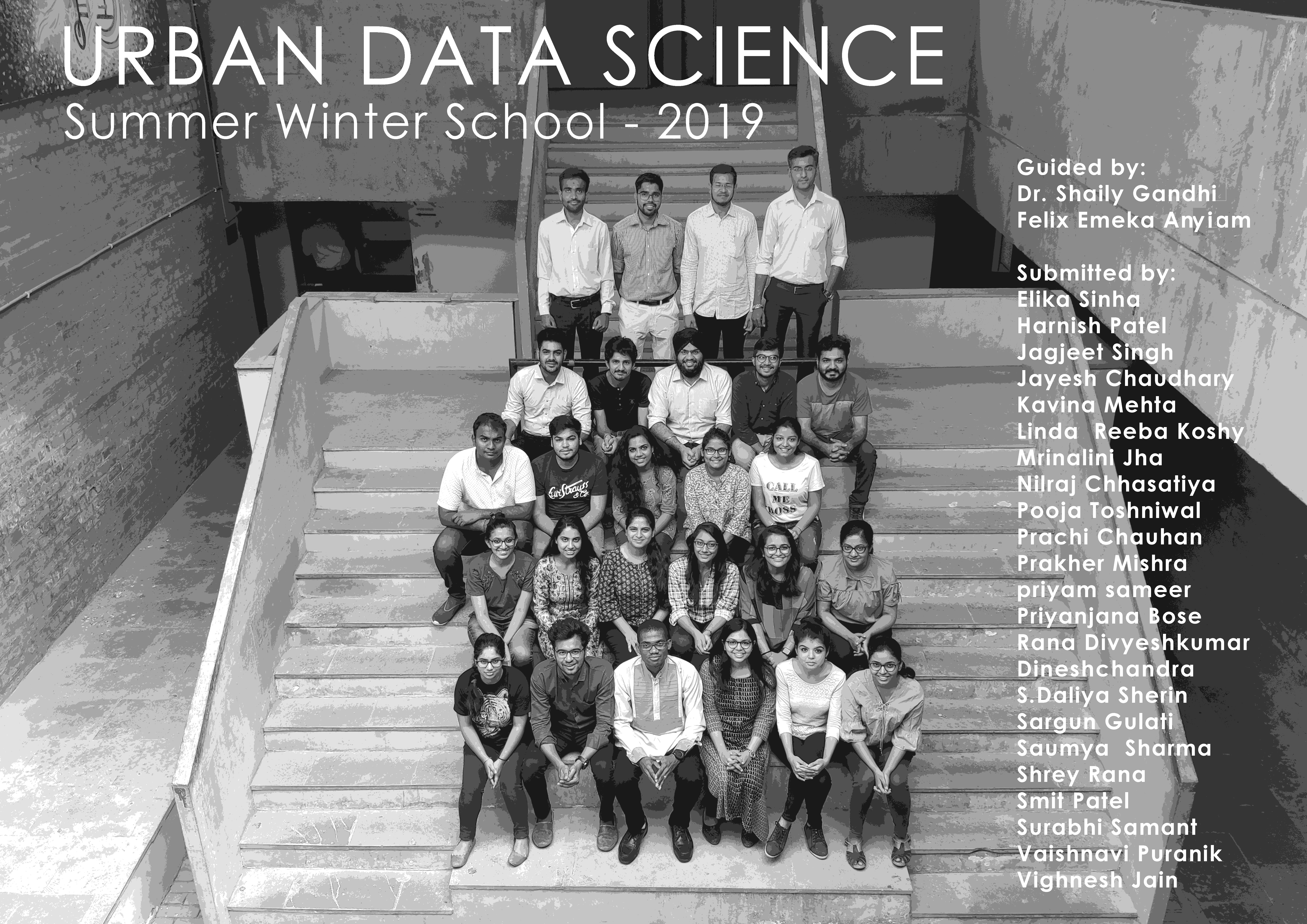
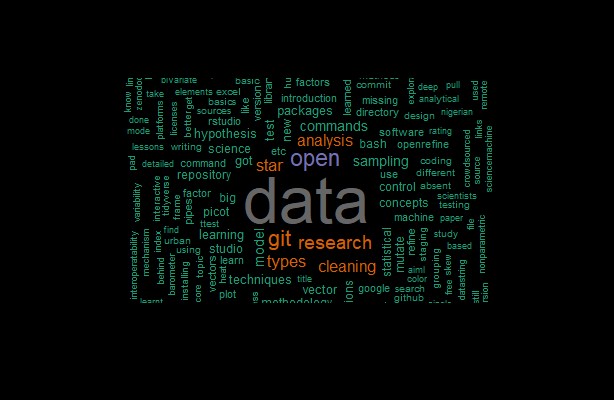
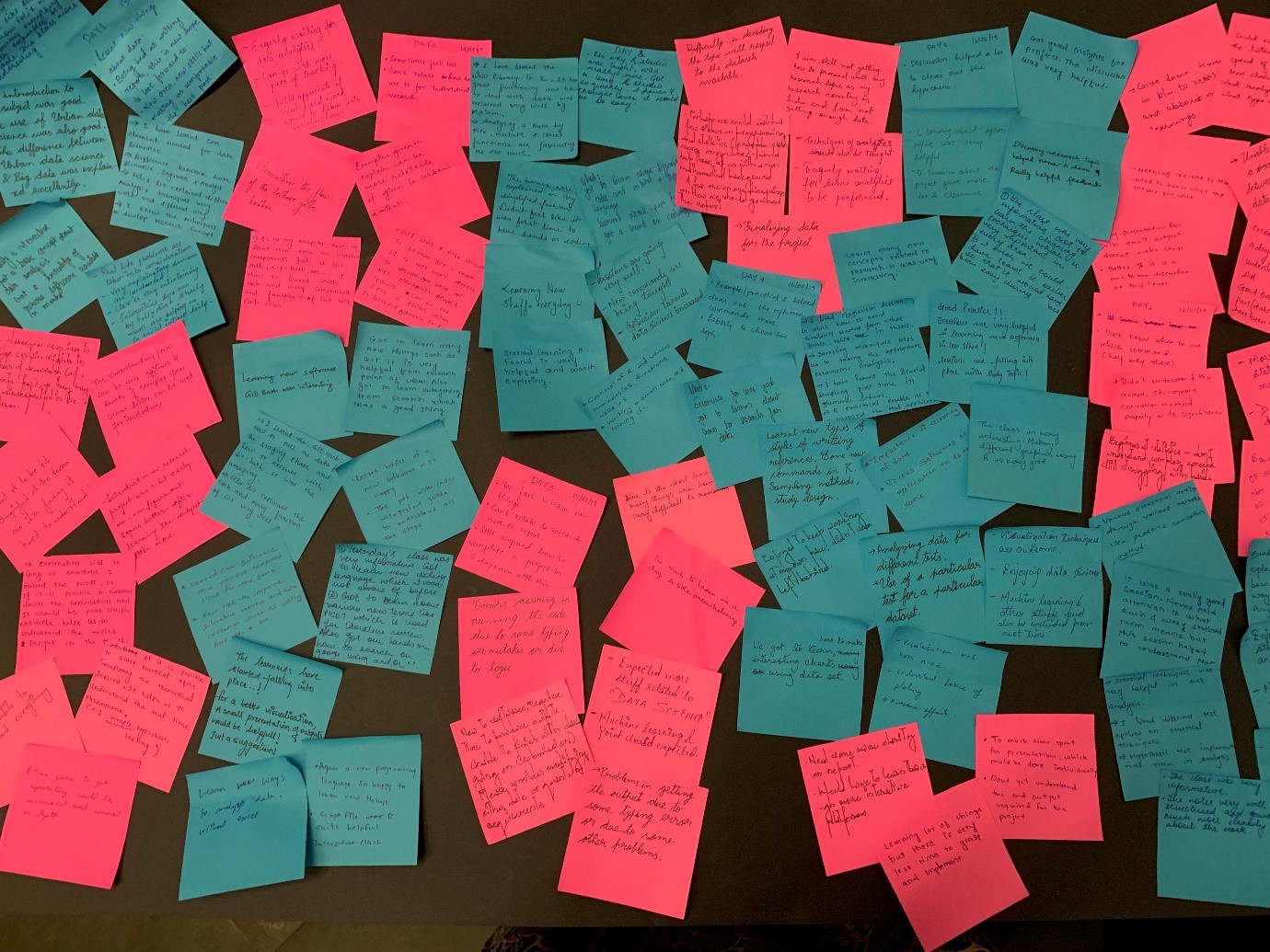
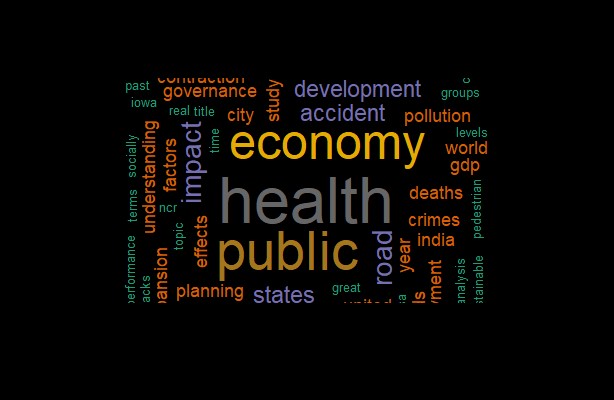





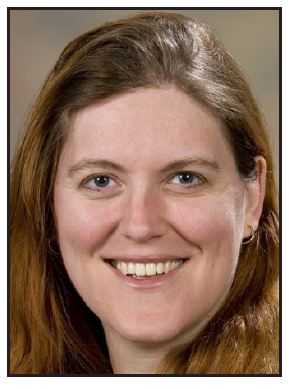 Back in early 2015, I was approached at a coffee break at a conference, and invited to take on the role of Editor-in-Chief of the Data Science Journal. This was a little bit of a surprise, I will confess, as my previous academic journal experience had been as an associate editor, along with some projects working on data citation and data publishing. The opportunity was too good to resist, however, and with the support of my employer
Back in early 2015, I was approached at a coffee break at a conference, and invited to take on the role of Editor-in-Chief of the Data Science Journal. This was a little bit of a surprise, I will confess, as my previous academic journal experience had been as an associate editor, along with some projects working on data citation and data publishing. The opportunity was too good to resist, however, and with the support of my employer 



